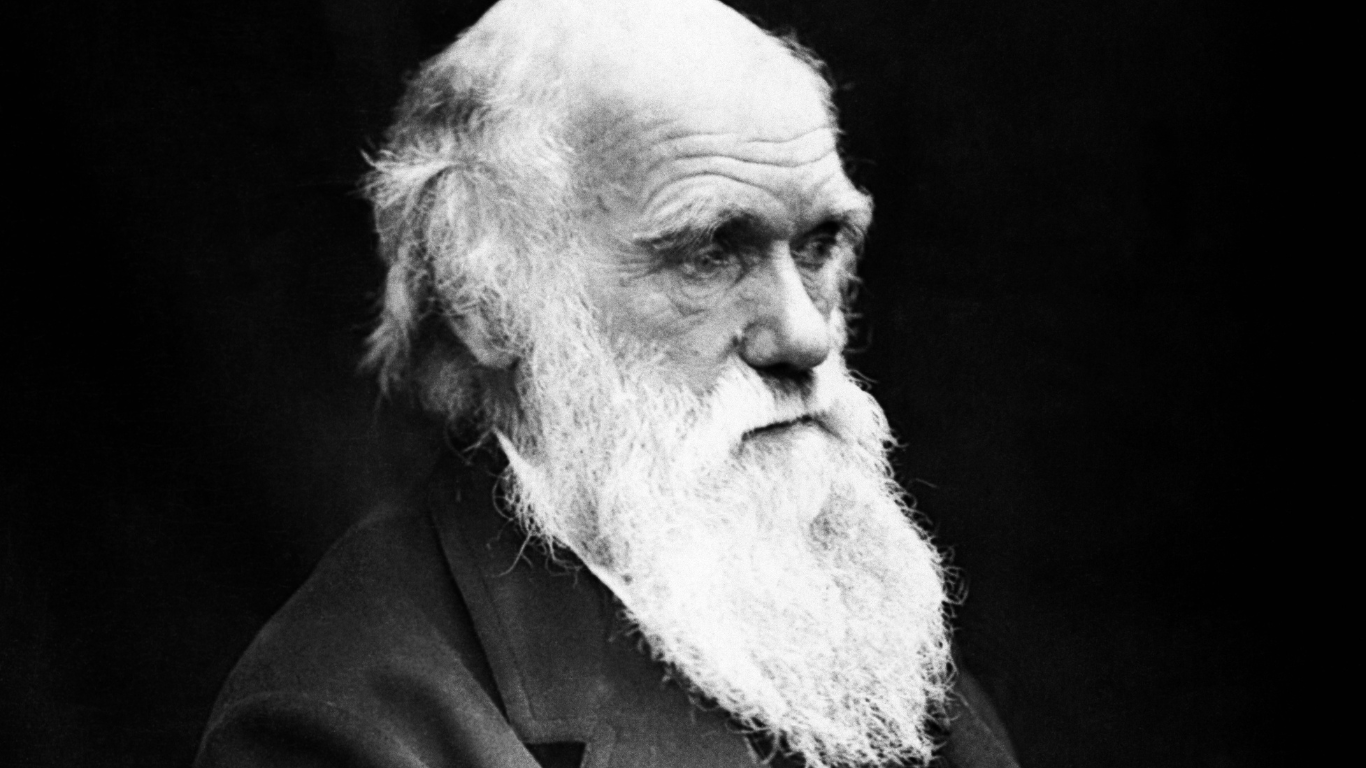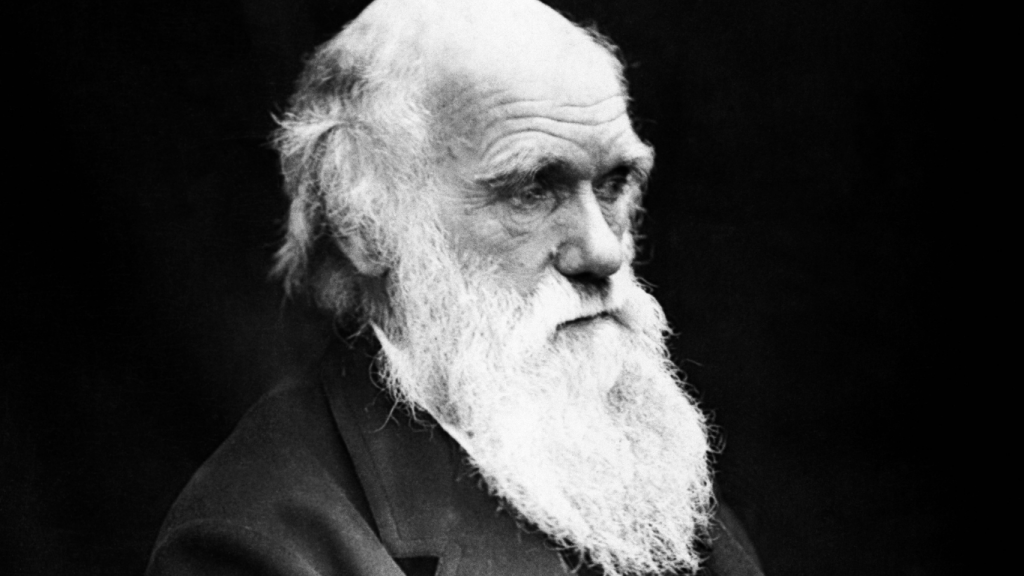

Turkish Ministry of National Education had the removed Charles Darwin’s theory of evolution from the national education curriculum some years ago. Now, they announced the inclusion of the so-called “theory of creationism” into the new term’s schedule.
There is a noteworthy yet seldom-discussed issue in Türkiye these days. Turkish Ministry of National Education had the removed Charles Darwin’s theory of evolution from the national education curriculum some years ago. Now, they announced the inclusion of the so-called “theory of creationism” into the new term’s schedule.
For approximately seven years, the theory of evolution has been absent from the curriculum, signaling a step backward. The Ministry of National Education, under the title of the biology curriculum, has introduced the notion of creationism into the 2024-25 schedule.
“…although there are theories concerning the existence of life whose accuracy has not been proven, within the framework of the Turkey Century Education Model developed biology curriculum, the theory of creationism is adopted in the educational processes,” the ministry statement read.
Darwin’s Theory banned: Serious regression
This unfortunate statement indicates a serious regression in light of the wealth of scientific research findings since 1859, when the reality of evolution theory, based on numerous scientific studies, was firmly established.
This setback implies that in basic education terms: “Turkey’s century’ now equals ‘Turkey regressing 200 years.’ While education should be viewed as a key to reaching contemporary civilizations, in our country, it has become a means of lagging behind in scientific progress due to neo-populist policies.
Disregarding and even attempting to erase Darwin’s contributions to life sciences may align with the rising nationalist conservative political perspective of populism. However, Darwin and his revolutionary ideas not only opened the doors of life’s garden to different perspectives but also made access to reason through science possible.
To limit the impact of scientific method
The primary aim of the current curriculum change is to limit the impact of the scientific method on life, mind, and politics. This restricts the intervention of the members of the realm containing plants and animals, which intersect between ideal or moral interests and the inorganic world, in shaping our understanding of life. The gates of life’s garden are closed to new ideas. Yet, it must be remembered that access to reason is possible only through this garden.
Darwin’s influence on philosophy through the theory of evolution stems from his presentation of vital events, thus releasing a new perspective to be applied to reason, ethics, and life, which is crucial for the progress of society and for enlightening young minds.
Ignoring the significant contributions of Darwin to life sciences within our country’s education system may be appealing to a certain segment in today’s circumstances. After all, no scientific theory has faced such passionate opposition and erosion for over 150 years.
However, denying the scientific foundations of this theory would disregard the urgency of understanding the threatened natural world scientifically and determining how to protect it for the future, thus jeopardizing our future in every aspect. Let us remember and, if possible, never forget the biodiversity and climate crises we are experiencing today and that pose a significant threat for the near future. Darwin’s theory of evolution not only forms the basis of biology but also exhibits immense predictive power.
Issues such as understanding the emergence of antibiotic-resistant organisms and how different species can respond to global warming will be linked to human health and well-being through decisions based on evolutionary evidence.
Disregarding science for ideological purposes
Natural history museums in the Western world contain millions of examples ranging from fossils dating back 2.7 billion years to specimens collected in 2023. While each of these examples serves as evidence of evolution, disregarding such an important theory for ideological purposes today is a great misfortune.
It is clear that the time humanity has spent on this planet is insufficient to understand evolution. To comprehend evolution, we must accept a much deeper concept of time than this history. Darwin emphasized this by stating, “Imagine the countless generations that the mind cannot grasp, following one another for long years!”
Since the late 1800s, the theory of evolution has been rigorously scrutinized and tested by tens of thousands of scientists worldwide across various disciplines. Therefore, how should we respond to attempts to undermine evolution, a scientifically undeniable concept, whether openly or covertly?
We must teach it as a crucial part of the basic education curriculum and raise our voices to defend scientific evidence and rational debate. However, more importantly than what I have written, we must inspire children by showing them the diversity in nature and igniting their curiosity about the world around them. Hence, we will continue to uphold Darwin’s legacy and defend the theory of evolution, which is the only evidence-based explanation for the magnificent diversity on Earth.
In conclusion, let me end with the famous words of Theodosius Dobzhansky: “Nothing in biology makes sense except in the light of evolution.”

